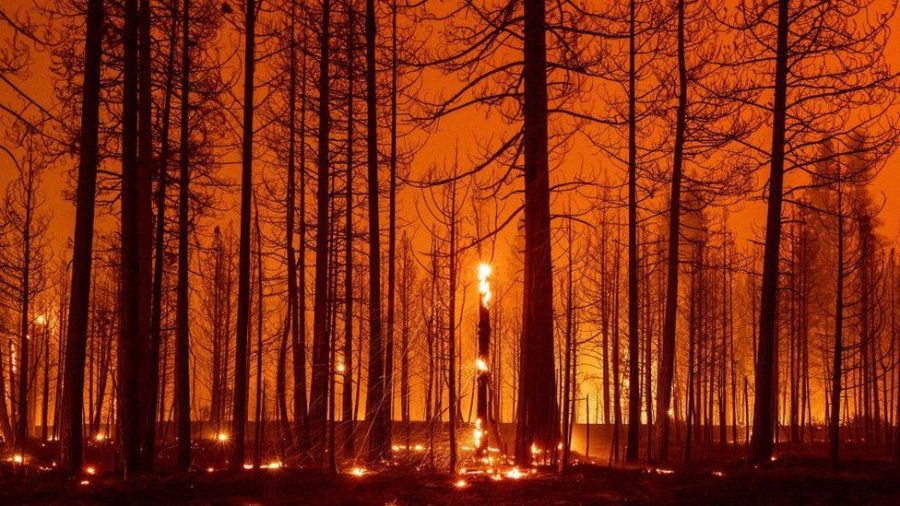A UN scientific panel’s alarming study, published on Monday, said it is “unequivocal” that people are to blame, and laid out the case for steep emissions cuts to keep global temperatures within the 2015 Paris Agreement’s limits.
In the coming years, humanity will face more severe weather, as well as the effects of rising sea levels and melting Arctic ice, according to experts from across the world who contributed to a key UN climate study.
The magnitude of recent changes throughout the climate system as a whole, as well as the current condition of many elements of the climate system, is unprecedented spanning several centuries to many thousands of years,” the Geneva-based Intergovernmental Panel on Climate Change stated in a report (IPCC).
All five greenhouse gas emissions scenarios examined by the study, ranging from extremely optimistic to irresponsible, predict that Earth’s average surface temperature will rise 1.5C (2.7F) or 1.6C (2.9F) over pre-industrial levels by 2030.
That’s ten years sooner than the IPCC projected just three years ago.
By mid-century, the 1.5C (2.7F) barrier will have been broken on all fronts, by a tenth of a degree on the most ambitious route and almost a full degree
The study, which was prepared by 234 experts from 66 nations, is the UN panel’s most thorough since 2013.
The IPCC report was dubbed “code red for humanity” by UN Secretary-General Antonio Guterres.
“This report must sound a death knell for coal and fossil fuels before they destroy our planet,” he said in a statement. “Countries should also end all new fossil fuel exploration and production and shift fossil fuel subsidies into renewable energy.”
Forests, soil, and seas have absorbed 56 per cent of all carbon dioxide emitted into the atmosphere since 1960, despite the fact that emissions have risen by half.
Earth would already be a considerably hotter and less habitable place if it weren’t for nature’s assistance.
Since 1900, the global oceans have risen approximately 20cm (eight inches), with the pace of rising almost tripling in the past ten years.
Crumbling and melting ice sheets atop Antarctica, especially Greenland, have replaced glacier melt as the main driver.
If global warming is limited to 2 degrees Celsius (3.6 degrees Fahrenheit), the ocean watermark will rise by approximately half a metre by the end of the century. By 2300, it will have risen almost two metres, double the amount projected by the IPCC in 2019.
Scientists cannot rule out a total increase of two metres by 2100 in a worst-case emissions scenario due to uncertainties about ice sheets.










